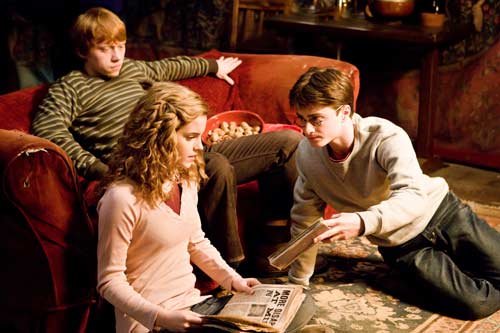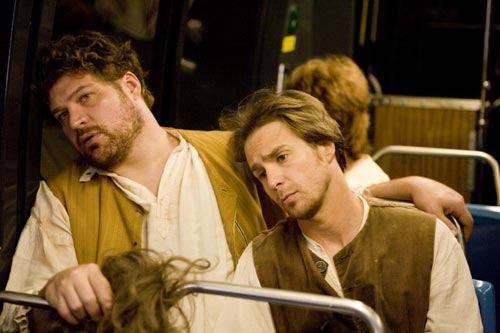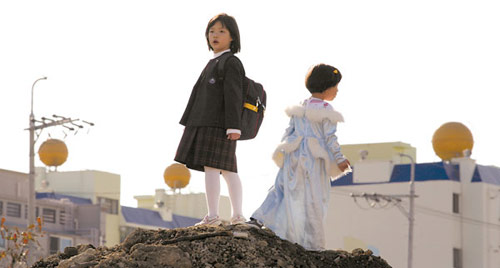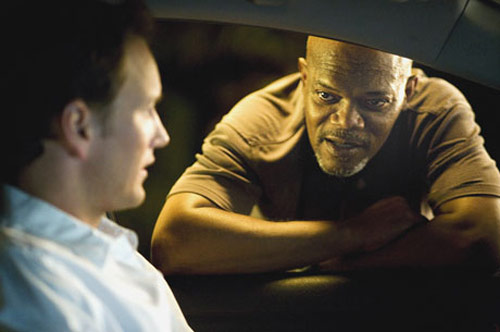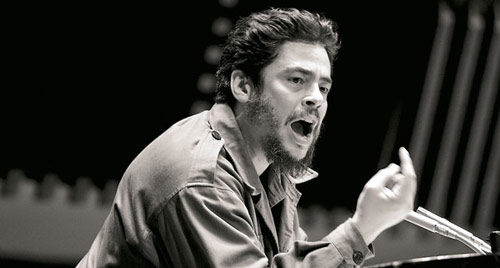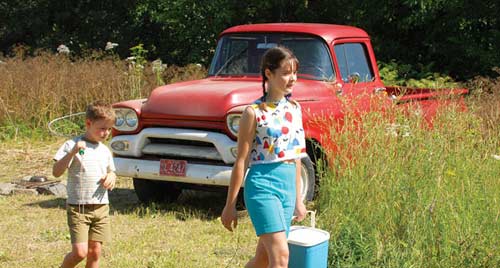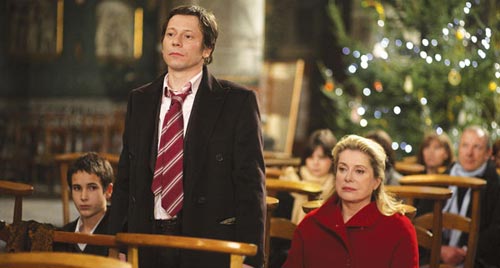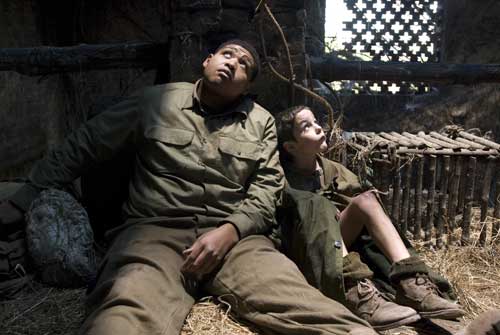
David Lee
Omar Benson Miller and Matteo Sciabordi star in Miracle at St. Anna
Two years ago, directors Spike Lee and Clint Eastwood got into a pissing match about Eastwood’s two Iwo Jima films. Lee was upset that there wasn’t a single African-American soldier in either movie, arguing that Eastwood was perpetuating old Hollywood stereotypes that denied the role of black soldiers in WWII. Eastwood responded by saying that Lee should “shut his face.â€
Skip ahead two years to Spike Lee’s rejoinder, a 160-minute war story entitled Miracle at St. Anna. It focuses on the Buffalo Soldiers of the 92nd Infantry Division during the Italian campaign of 1944. Though he doesn’t paint all the black infantrymen as upstanding heroes, Lee obviously wants to hail the bravery of those soldiers too often ignored in official histories, as well as highlight the endemic racism that existed both in the Army and back at home. That worthy goal unfortunately results in didactic exposition and dialogue that sound like the script was written by a clumsy historian rather than a skilled screenwriter.
It doesn’t help that the movie’s plot revolves around a Holy Fool character, a private named Sam Train who, early in the film, finds a young Italian boy talking to himself in a barn. Though the two can’t speak to each other, they quickly bond over chocolate, and Train commits his whole being to the boy’s safety. Much of the movie takes place in a small Italian village where a quartet of black soldiers have been separated from their unit and taken up residence. While there, they flirt with the one pretty local woman, interact with the Italian Partisans, and seem strangely unconcerned about whether the Nazis might suddenly show up.
There’s a lot that doesn’t make sense in Miracle at St. Anna, but there’s a lot to appreciate, too. I love how Lee and cinematographer Matthew Libatique use desaturated colors to beautifully convey the historical time period without resorting to black-and-white or sepia-toned. There are several scenes inside buildings that contrast light and shadows in gorgeous ways. The movie also ponders the deeper spiritual themes of good and evil in times of war, even questioning the idea of how God could perform a small miracle and yet allow so much destruction (pay attention to everything that happens at the St. Anna church). I’m a sucker for those kinds of metaphysical debates.
On the acting front, Derek Luke is stiff as the stand-tall sergeant, but the other primary actors are solid, especially Omar Benson Miller as Train. While there’s not a single believable aspect to his character, the relationship between Train and the boy still packs a punch. Strangely, Lee has cast several high-profile actors in surprisingly small roles, so don’t go in expecting Joseph Gordon-Levitt or John Turturro to get much screen time.
With all the film’s flaws (the poorly constructed battle sequences are another), I would’ve grudgingly admired Lee’s latest if not for a risible frame story set in 1983 that seems designed merely to set up some kind of emotional ending. The only emotion I felt, though, was disgust, and the closing credit song of “He’s Got the Whole World in His Hands†didn’t help any. He may have the whole world, but let’s not blame him for this movie.





